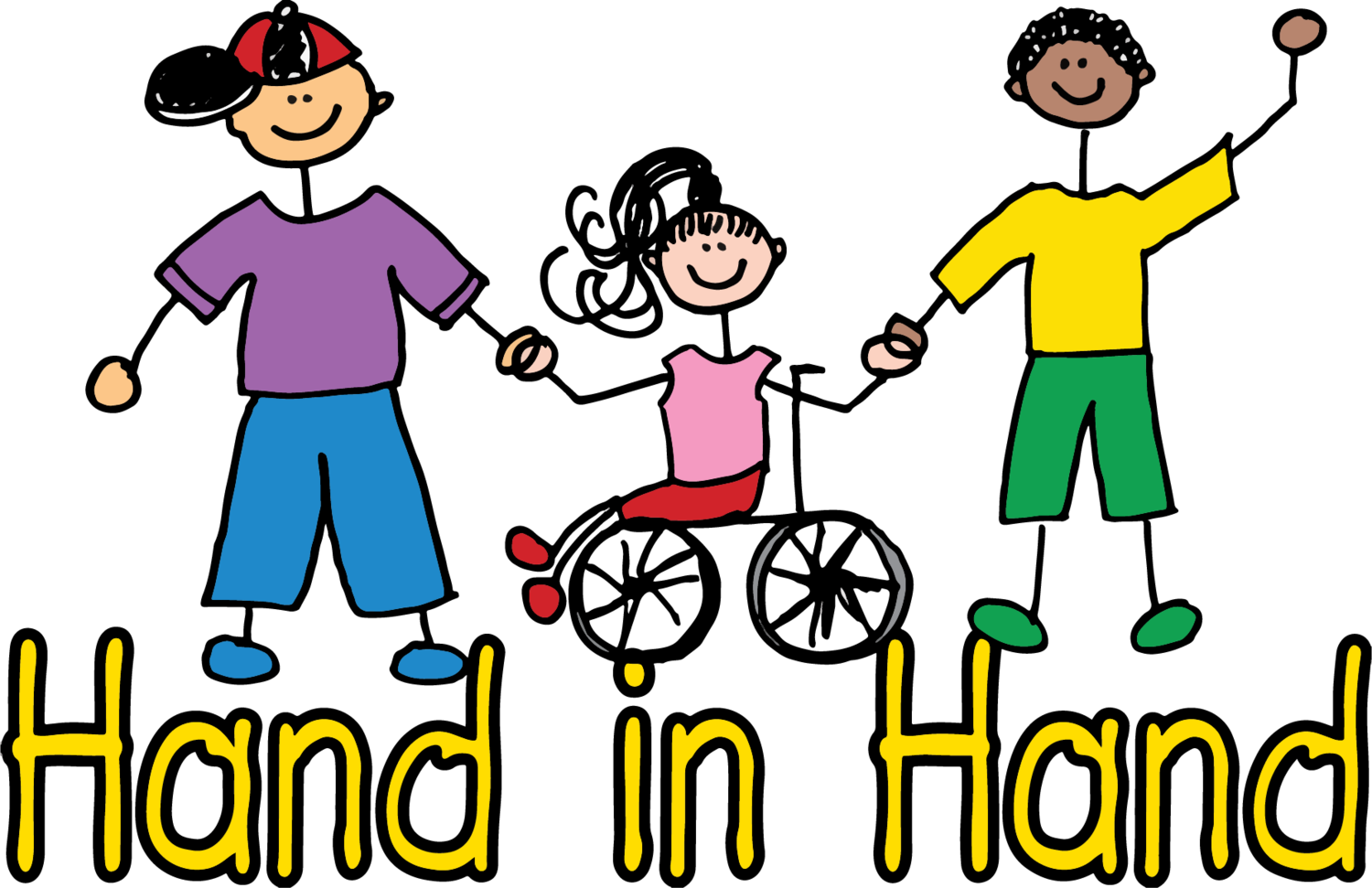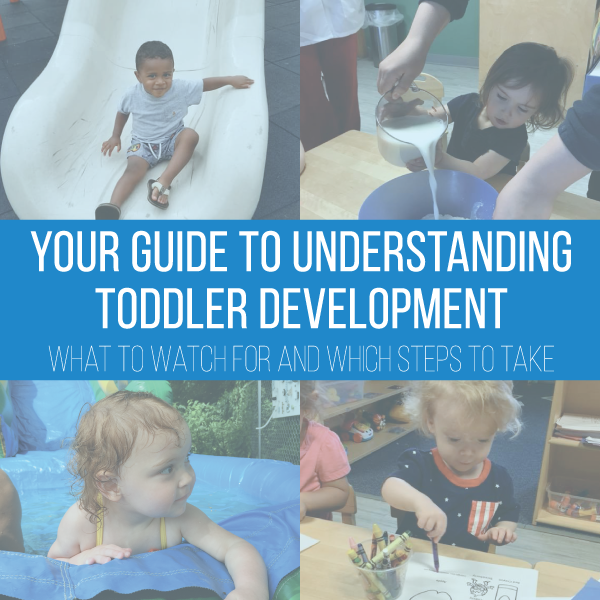Your Guide to Understanding Toddler Development
Witnessing toddlers absorb everything around them and learn new skills is one of the greatest joys of life. You feel a huge sense of pride as they learn how to better communicate and become more independent, and you look forward to all the other milestones they’ll eventually hit.
But what happens if your child doesn’t achieve certain milestones? What do you do if month after month, your child doesn’t speak, or their speech begins to regress?
It’s important to remember that children develop at different rates, so we don’t want to alarm you. However, there are some things you should be on the lookout for that may indicate developmental delays which require attention from a doctor or speech therapist.
If you notice early symptoms of delays, there are steps you can take and resources you can access to help give your child the very best start in life.
What to Watch For:
Communication/Language Deficits
Any delays in speech development should be brought to the attention of your pediatrician. Sometimes babies take longer to learn to coo and babble than others, but if you start to feel concerned about the lack of verbal communication your child is trying to make, be their advocate and speak up about it.
Another red flag to be on the lookout for is losing communication skills. If your child has already been babbling and trying to form words, then stops, mention this to your pediatrician or ask for an evaluation with a speech therapist.
Dr. Linda DeLessio, a Quad Cities pediatrician, says, “Autism Spectrum Disorder (ASD) should be considered especially when speech delays are associated with the lack of desire to communicate or lack of nonverbal communication, such as gestures.” DeLessio also points out that a delay may be within the range of typical development, but it may also be a sign of ASD or another disorder with delayed communication, so it’s always worth considering an evaluation.
Social Deficits
“Social deficits occur earlier than communication deficits,” says DeLessio, “But they can be subtle and less often recognized or articulated by parents.” Some things to be on the lookout for in your toddler are:
Not seeking out connections with others
Being content playing by themselves
Avoiding eye contact
Not responding to others seeking attention
Not sharing emotional connections
DeLessio recommends watching for joint attention to develop in your child. Joint attention is a bonding behavior where an infant or toddler enjoys sharing an object or experience with another person, and shows their enjoying by smiling, pointing, clapping, or looking back-and-forth from an object to a caregiver. Deficits in joint attention should be addressed with your child’s pediatrician, as they can be indications of ASD in very young children.
If you find your child doesn’t have much interest in playing with others, lacks eye contact, and/or doesn’t seem to be interested in typical toddler activities (like listening to music and making movements/gestures along with the music, being read to, or playing games with others their age), bring this to the attention of your pediatrician.
Repetitive Behaviors
Although some repetitive behaviors and striving to have a set routine are normal for everyone, some repetition is cause for concern. If you notice a combination of the following in your toddler, seek out an evaluation for ASD:
Wanting a set, rigid routine every day (and getting upset when that routine is thrown off)
Repeating the same words or phrases
Repeating the same movements or gestures over and over (like flapping, spinning, or rocking)
Echoing words and phrases word-for-word (“echolalia”), possibly not grasping what their speech means
What You Can Do:
Take an online assessment
Autism Speaks offers a Modified Checklist for Autism in Toddlers, Revised (M-CHAT-R), and Talking Point has Progress Checker quizzes you can take throughout toddlerhood to find out if your child’s development is falling behind. The M-CHAT-R only screens for signs of ASD, but the Progress Checkers can tell you if your child is lacking in different areas of communication development, and even offers tips for helping to cultivate communication skills.
Online resources such as these (and the First Words Project) can be great tools for parents and primary caregivers, but they’re not perfect. If you get a result from an online screening tool that suggests you seek early intervention, that doesn’t mean your child actually has a developmental delay or has ASD. However, it would still be a good idea to get your child an assessment.
Make an appointment with your pediatrician
If you are worried something might be off about your child’s development, you can ask your pediatrician for milestone checklists so you know which milestones your child should hit and which skills they should attain each month. Don’t forget that not every child will reach milestones at the exact same time, so a little variance between children is to be expected.
If you notice that your child isn’t hitting typical milestones for their age, their speech seems delayed, or you’re seeing signs of repetitive behavior or a lack of wanting to interact with others, make an appointment with your pediatrician.
Ask for an evaluation
The Mississippi Bend Area Education Agency offers lots of resources and assistance with early intervention, and they want to help. Mary Shihadeh, Coordinator of Early Childhood at the AEA, says, “Whenever a physician mentions a concern, parents should call us. Actually, whenever a parent has a concern, they can contact us to find out what we offer and how we can help.”
Shihadeh also recommends Early ACCESS to those who live in Iowa. “Evaluations and services are provided at no costs to families,” she says. “Early Intervention providers work with caregivers and their children to help them learn, grow, and develop to their fullest potential.” If you have a concern about your child’s development, give the Early Childhood Department a call at 563-344-6271.
Noticing delays in your child’s development can feel defeating and scary. However, there are so many resources available to children and their caregivers—you just need to access them. Being aware of the typical milestones toddlers should be hitting and speaking up when you think their development might be delayed are key. Then you can get your child early intervention, which will help them have the best possible outcome.

